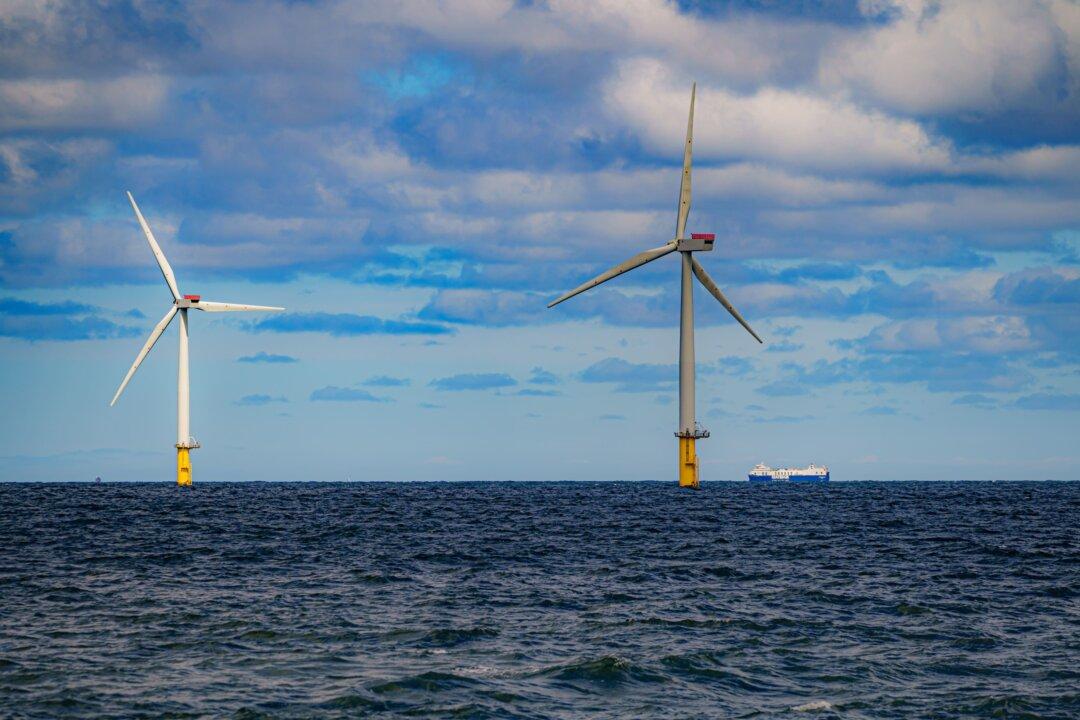The National Trust’s £1.6 billion investment portfolio has experienced a decrease in value, in part through its allocation to eco-friendly wealth managers.
Published on Monday, the National Trust’s annual report revealed that the fund’s allocation has suffered a decrease of over £11 million, representing an 11.7 percent decline between March 2022 and February of the current year.





